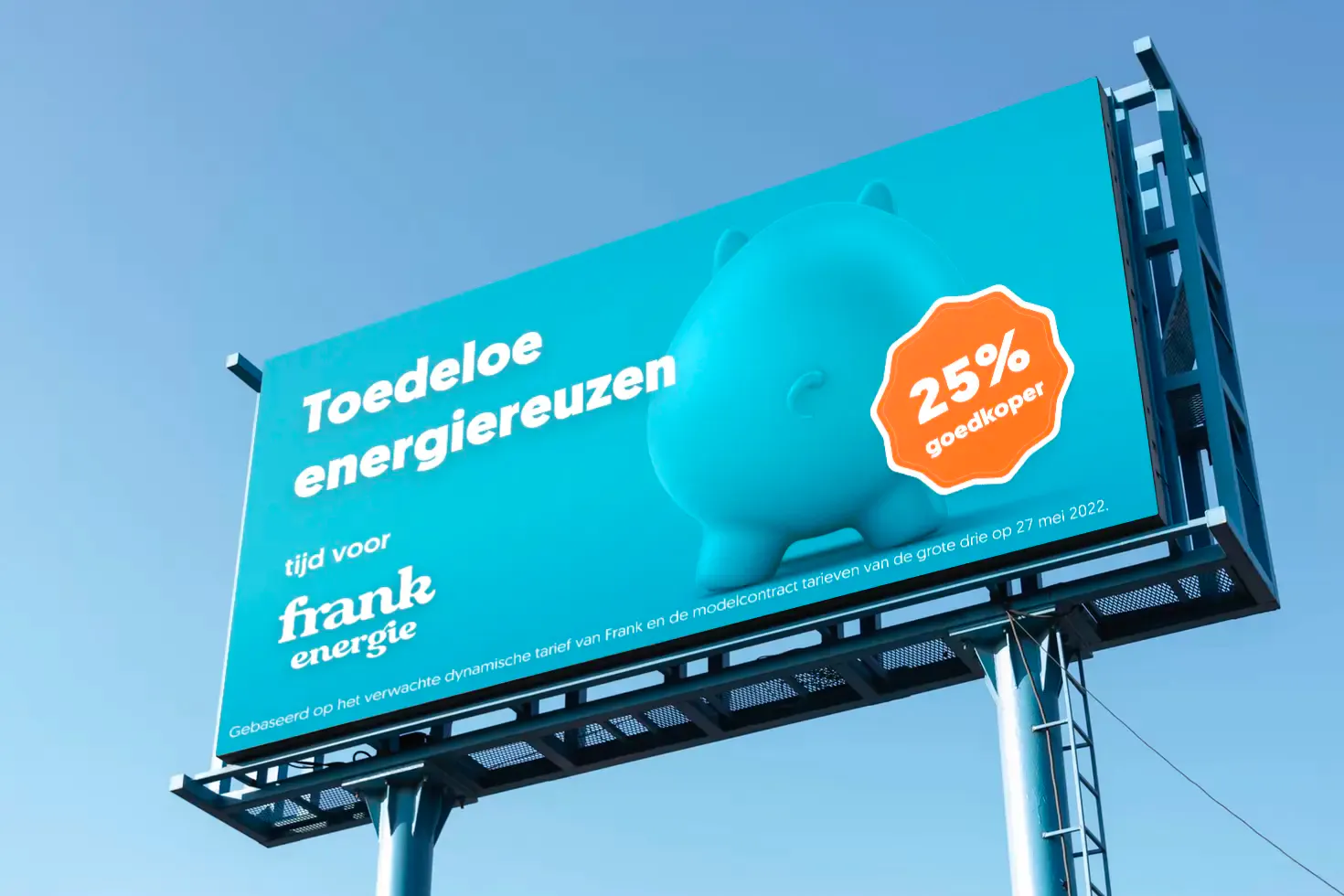
Dutch ‘dynamic’ electricity supplier Frank Energie targets Belgium

“Hello energy giants, time for Frank Energie, 25% cheaper,”, says Frank Energie’s ad. The Dutch energy supplier now also wants to conquer the Flemish market with dynamic hourly prices /Frank Energie
Frank Energie, a new Dutch energy supplier, wants to conquer Belgium after the Netherlands, with dynamic hourly prices to allow EV owners to


Comments
Ready to join the conversation?
You must be an active subscriber to leave a comment.
Subscribe Today